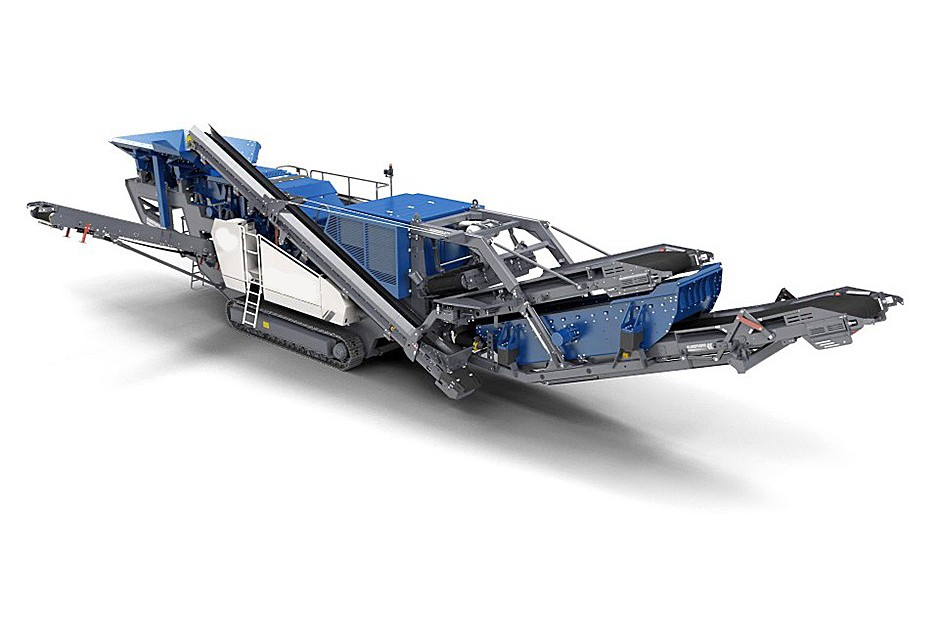- Home
- Our Products
- Mining Parts
- Crusher

Description
Crushers are essential machines used in various industries to reduce the size of large materials and break them down into smaller, more manageable pieces. They are commonly used in mining, construction, and recycling operations to process materials such as rocks, ores, and waste. Crushers come in several types, including jaw crushers, cone crushers, and impact crushers, each designed to handle different materials and achieve specific size reductions. Jaw crushers use a compressive force to crush materials between two heavy jaws, making them ideal for primary crushing of hard and abrasive materials. Cone crushers utilize a rotating cone and a stationary bowl to achieve a finer size reduction, suitable for secondary and tertiary crushing. Impact crushers use high-speed impact forces to break materials, making them effective for softer materials and recycling applications. Modern crushers are equipped with advanced features such as automated controls, monitoring systems, and efficient drive mechanisms to enhance performance and reliability. Regular maintenance, including inspection of wear parts, lubrication, and alignment checks, is crucial to ensure optimal operation and prevent downtime. Crushers play a critical role in material processing, contributing significantly to the efficiency and productivity of mining, construction, and recycling operations.
Industry Used
FAQ
A crusher is used to reduce the size of large rocks, ores, and other materials into smaller, manageable pieces. It is commonly used in industries such as mining, construction, and recycling to process materials for further use or disposal.
Common types of crushers include jaw crushers, cone crushers, impact crushers, and gyratory crushers. Each type is designed for specific applications and material types, offering different crushing mechanisms and efficiencies.
Consider factors such as the type of material being processed, desired output size, production capacity, and operating environment. Our team can help you select the most suitable crusher based on your specific needs.
Key components typically include the crusher chamber, crushing plates or cones, drive motor, and feed hopper. Each component plays a role in the crushing process and affects the crusher's performance and efficiency.
Regular maintenance includes inspecting and replacing wear parts, checking and adjusting settings, and ensuring proper lubrication. Follow the manufacturer’s maintenance schedule and guidelines to keep your crusher in optimal condition.
If performance issues arise, check for common problems such as blockages, worn parts, or incorrect settings. Consult the crusher’s manual for troubleshooting tips and contact our service team for further assistance if needed.
Yes, crushers can be customized to meet specific requirements such as unique sizes, materials, or configurations. Contact us to discuss your needs and explore custom solutions.
Ensure that the crusher is equipped with safety features such as guards, emergency stop buttons, and proper training for operators. Follow all safety guidelines and perform regular inspections to prevent accidents.
The choice of crushing chamber (e.g., standard, short head) affects the crusher’s output size and capacity. Select the appropriate chamber type based on the material being processed and the desired final product size.
Crushers are used in various applications including mining, aggregate production, construction, and recycling. They are essential for breaking down large materials into smaller sizes for further processing or use.

